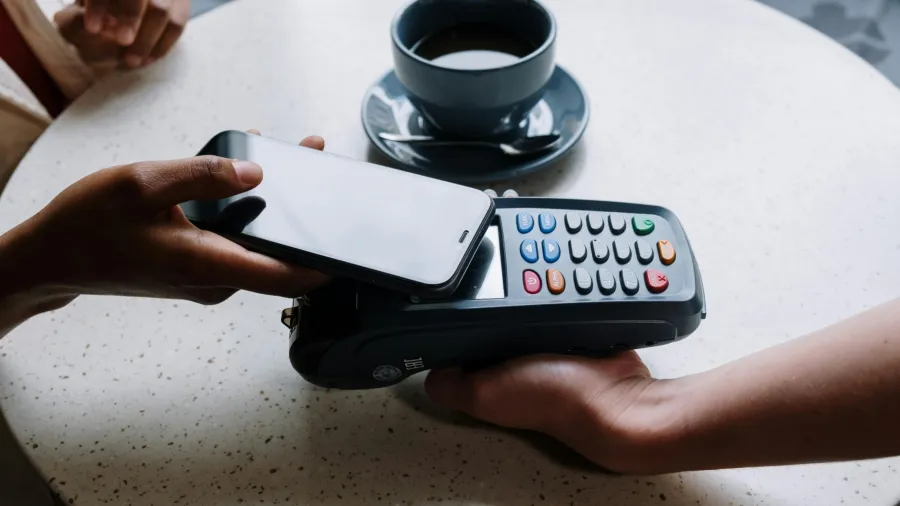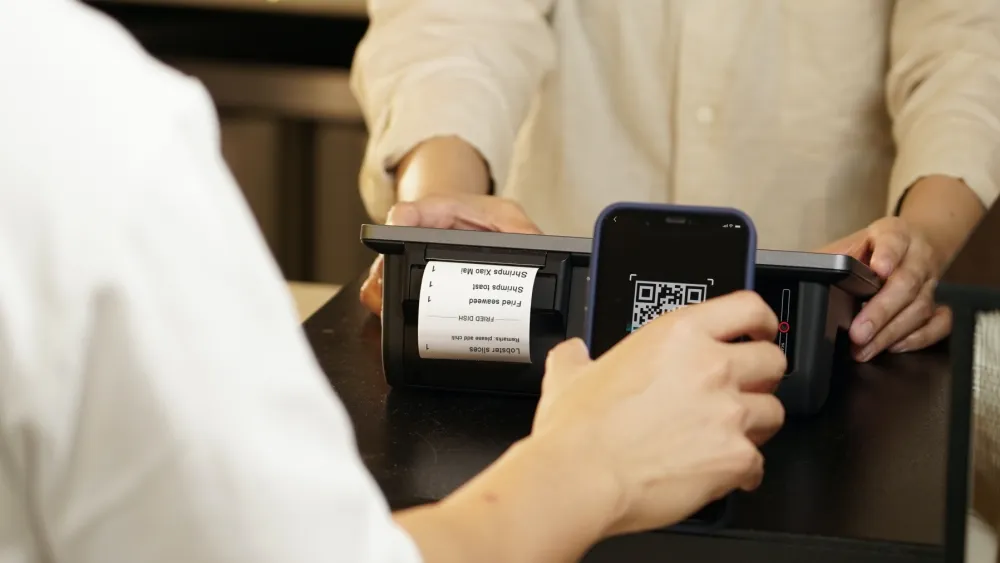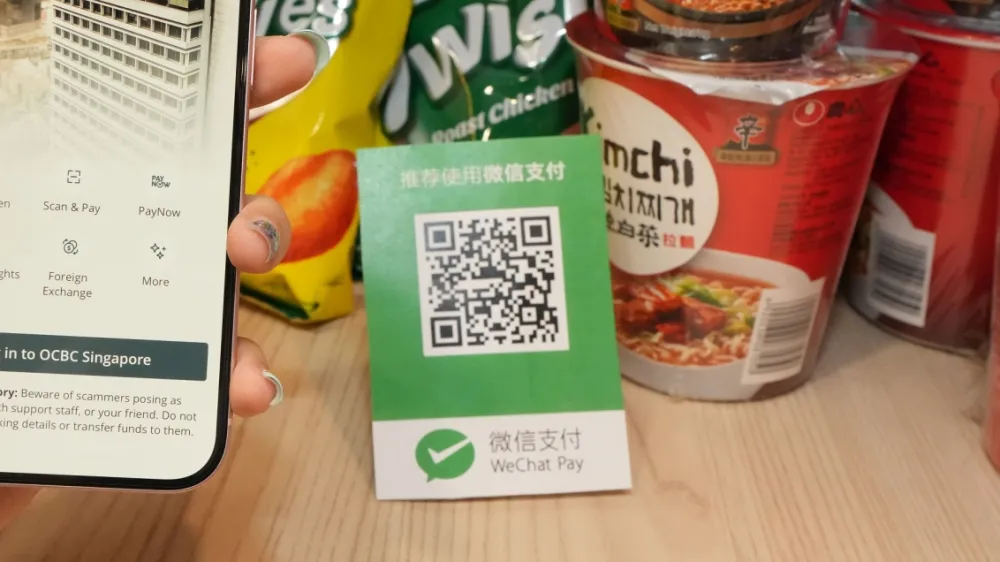
What's in store for payments in 2025?
In emerging markets, digital wallets are evolving into bank account substitutes.
Shoppers may not need to use physical card numbers, passwords, or one-time codes for online transactions by 2030, thanks to advancements in tokenization and biometric authentication, according to Mastercard.
Companies are leveraging artificial intelligence (AI) to predict and neutralise threats in real-time. For instance, Mastercard's generative AI scans one trillion data points to determine the likelihood of a transaction being genuine in under 50 milliseconds.
This evolution in security measures comes amidst a rise in cybercrime, expected to grow to $10t annually by 2025. Small businesses are also benefiting from centralised digital platforms that automate administrative tasks, personalise marketing and loyalty campaigns, and provide data-driven insights to improve decision-making.
In emerging markets, digital wallets are evolving into bank account substitutes, catering to the unbanked population. However, Mastercard highlighted a disconnect between these wallets and traditional card-based payments for international transactions.
The next generation of digital wallets is expected to integrate payments, identity, loyalty programs, and even healthcare services, it added.
The adoption of passkeys, or passwordless authentication using biometrics, is poised to gain momentum in 2025, Mastercard noted. Digital identity systems will also reshape experiences in healthcare, education, and public services, enabling people to share specific aspects of their identity securely and selectively.
Corporate payments, traditionally slower to digitise, are now embracing virtual cards and embedded payment solutions within enterprise resource planning software. These tools streamline reconciliation processes, enhance fraud prevention, and provide real-time data insights, leading to better cost management.
For small businesses, embedded finance is projected to become a $124b market by 2025, according to Mastercard.
"Tap on phone" technology is further democratising payment acceptance, allowing devices to serve as payment terminals. This reduces reliance on complex checkout infrastructure and accelerates transactions, benefiting both solopreneurs and larger retailers.
Mastercard predicts increased applications for tap technology across commerce, from verifying transactions to enabling digital wallet use.
Real-time payment systems, now active in over 100 countries, are expected to process 575 billion transactions by 2028, accounting for 27% of global electronic payments. The interlinking of domestic schemes will make cross-border payments more seamless, enhancing interoperability between traditional bank accounts and digital currency accounts, Mastercard said.
Partnerships are also shifting from mere tactical alignments to genuine collaborative innovation, Mastercard noted, with fintechs playing a key role in simplifying financial services and expanding access to global economic benefits. Blockchain technology is emerging as a key enabler in improving speed, security, and efficiency, particularly in business-to-business and commercial payments.
However, Mastercard said success will depend on partnerships between crypto-native firms and financial institutions.
By 2030, tokenisation may eliminate the need for manual card entry, not just for payments but also for broader applications, Mastercard said.
For example, consumers could securely share shopping preferences with merchants for tailored offers and discounts without revealing personal data. Blockchain-driven tokenisation of assets could also transform various economic activities, from capital markets to trade finance, land title exchanges, and carbon credit trading, it added.



















 Advertise
Advertise













